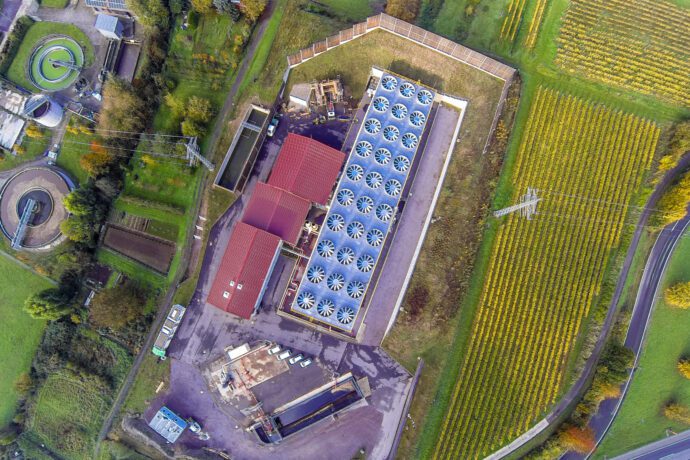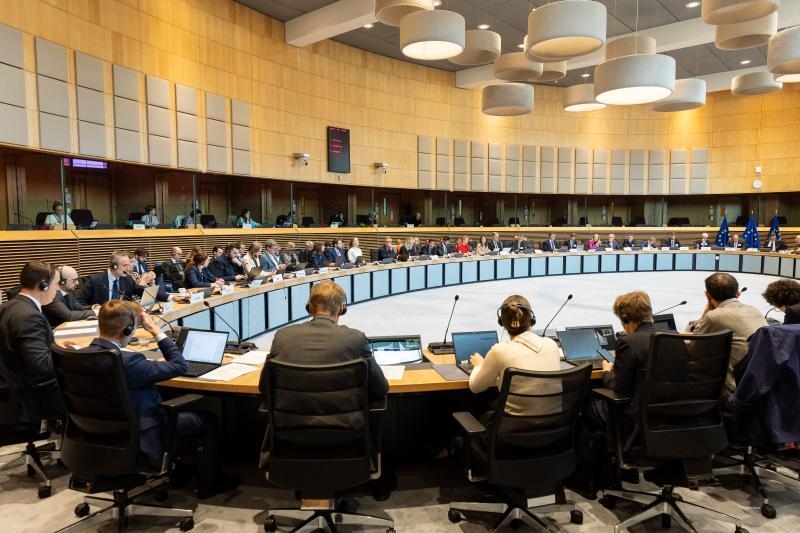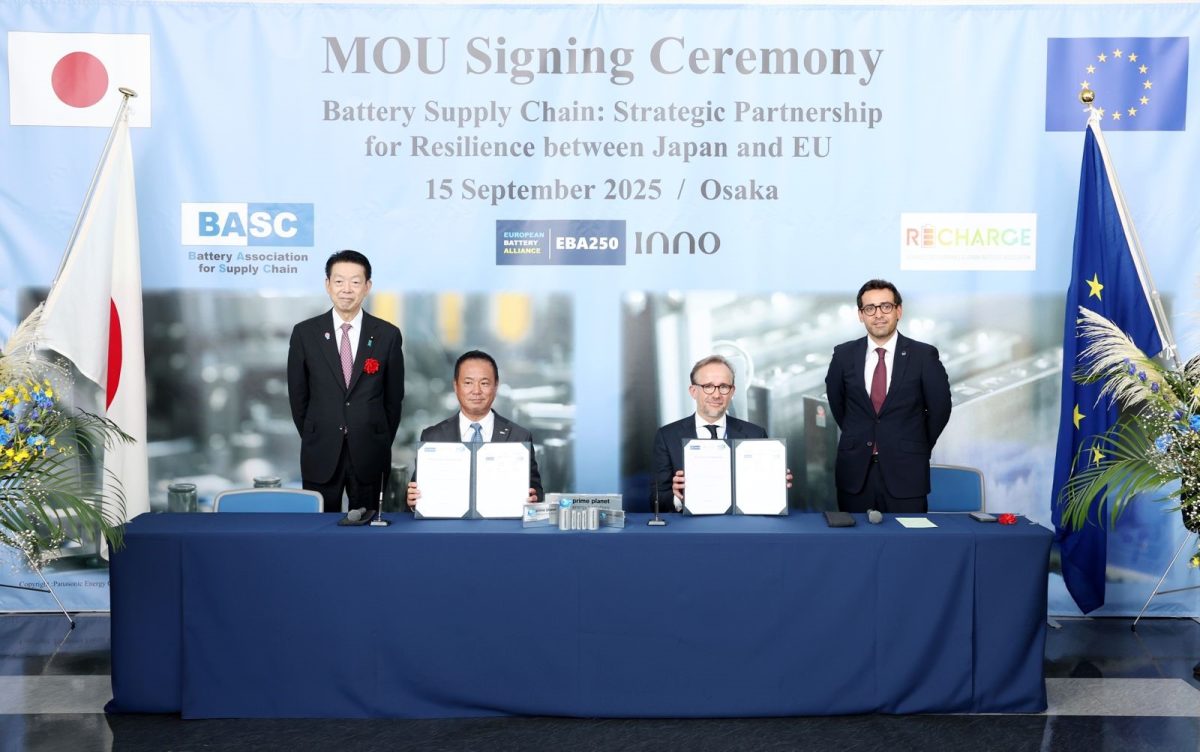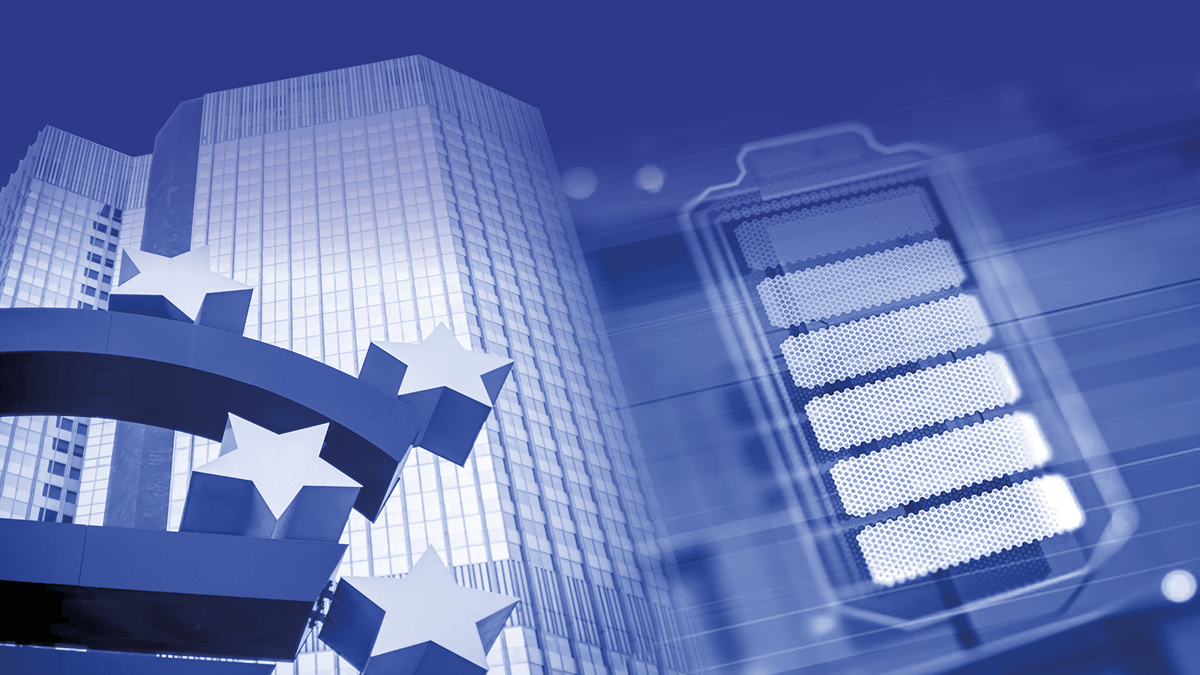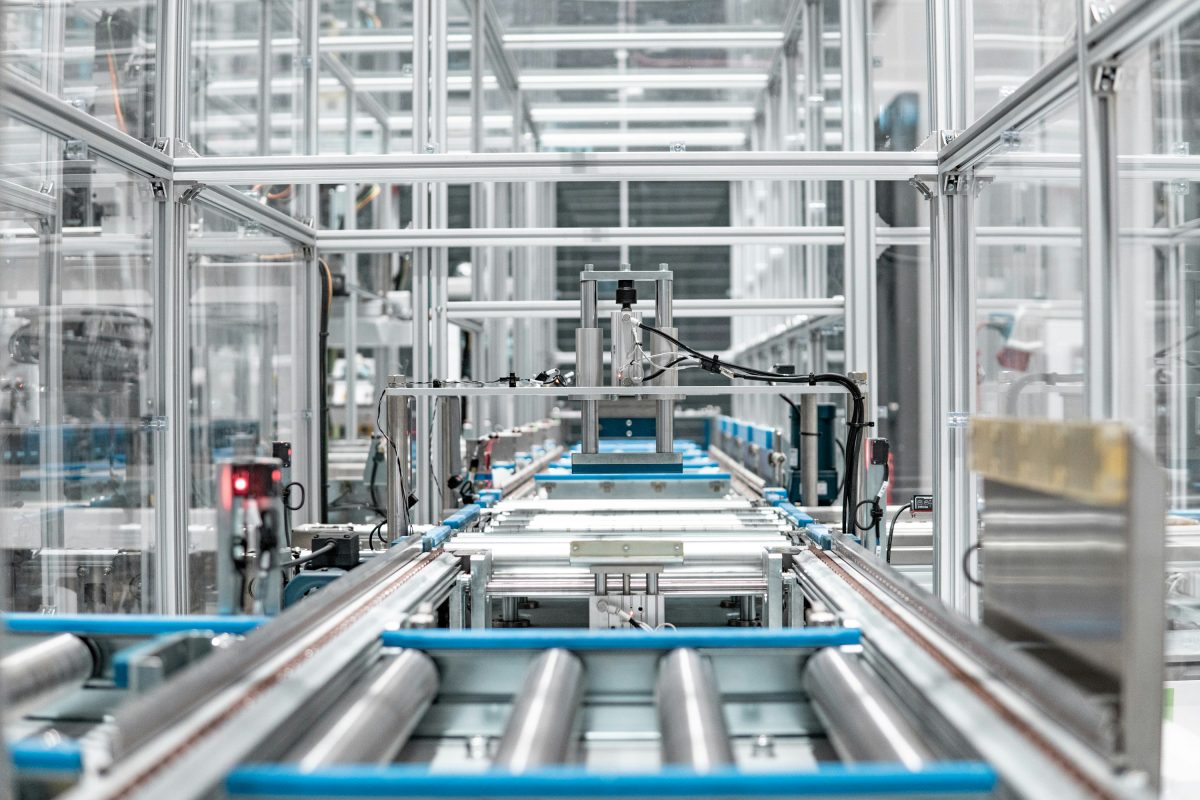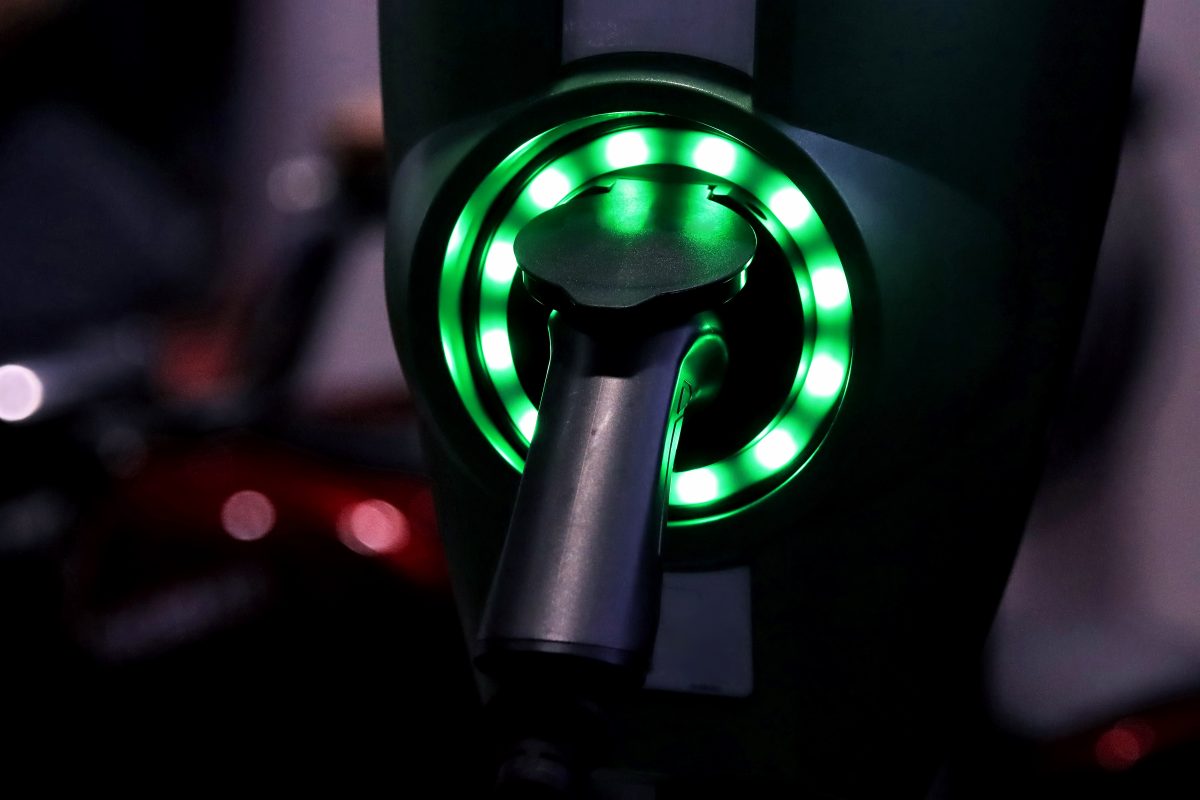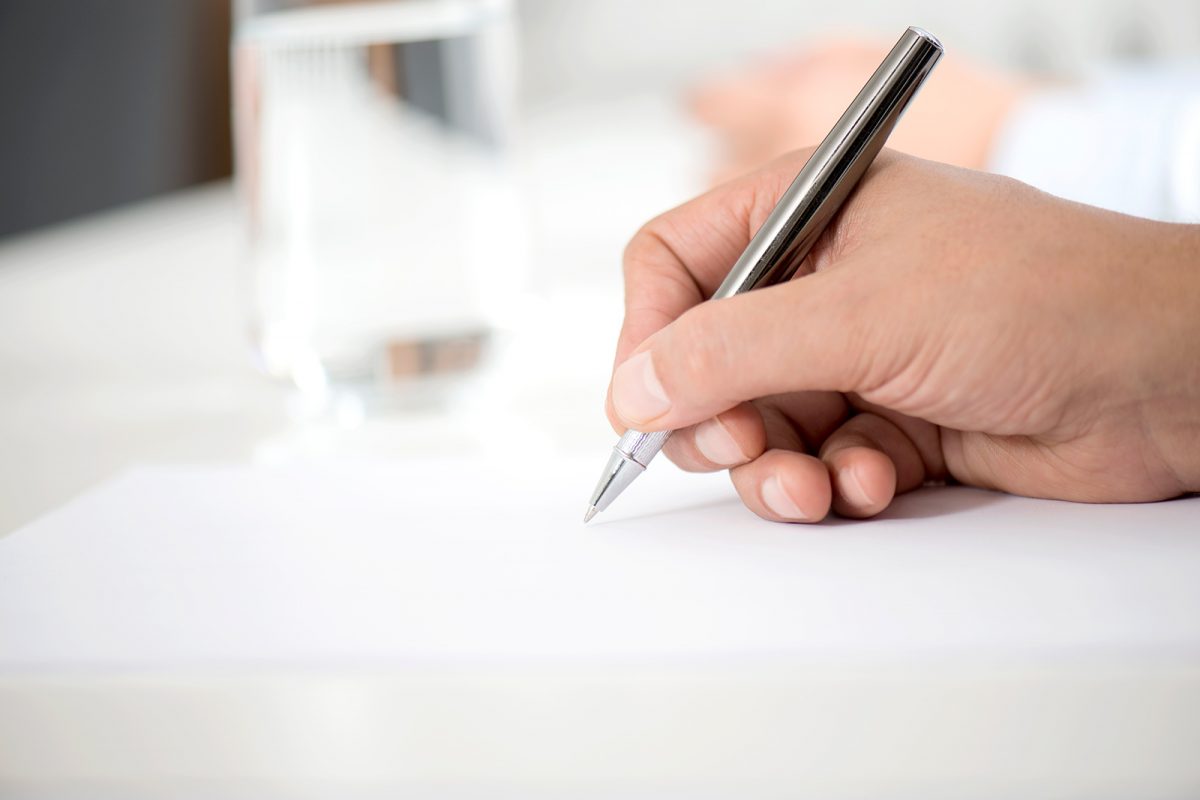
Jul 3, 2020
A new regulatory framework on batteries to reach Europe’s sustanibility goals
A new EBA250 meeting was held virtually on 1 July 2020 on the topic of sustainability legislation for batteries in Europe and its impact on the European battery industry. More than 300 stakeholders from across the entire battery value chain accepted EIT InnoEnergy’s invitation to hear from representatives of European institutions and the industry.
This fall, the European Commission will indeed publish a proposal for a new battery legislation to ensure a safe, circular and sustainable battery value chain for all batteries, including to supply the growing market of electric vehicles. The EU Sustainability Legislation on Batteries initiative, intends to complement the existing legislation with key sustainability measures as set out by the European Green Deal.
The meeting was opened by Thore Sekkenes, EBA250 Programme Director, highlighting the benefits of the EBA250 initiative. Ilka von Dalwgik, Policy Manager at EIT InnoEnergy, then reminded the key role of Li-ion batteries in decarbonising the energy industry while achieving the COP21 goals. She emphasized how sustainability has been the keyword ever since battery manufacturing is being discussed in Europe, along with the various regulations and plans now coming into play to support this.
Safety, circularity and sustainability
Following this, representatives from the European Parliament and European Commission detailed how new commitments and regulatory frameworks are enabling the green transition with battery technology as a key player. “Batteries are essential for climate neutrality”, said Claudia Gamon, Member of the European Parliament shortly after opening her session. For that reason, several challenges need to be overcome, starting with the dependency on third countries that Europe has when it comes to raw materials. “This should be a priority on our energy policy agenda”. And so should be the establishment of a circular economy in the battery industry with battery collection, repurposing and recycling closing the loop. Echoing the same, Mattia Pellegrini, Head of Unit, DG Environment, said that “there can be no tolerance in delaying the regulations”. He then detailed the status of the fourteen measures that will be part of the revision of the Batteries Directive to be released in October 2020.
The industrial perspective
To present the industry’s perspective on legislation and regulatory framework in the EU were representatives from Blue Solutions, BASF, and Northvolt. All of them further emphasized the need for a regulatory framework to have a clear roadmap for green transition as well have a level playing field with imports from countries outside Europe. Additionally, they stressed the need for guidelines or regulations to be developed on recycling to have a circular value chain and its role in reducing dependency on third countries for raw materials.
Summarizing the virtual meetup, Thore Sekkenes shared his three main takeaways:
- A regulatory framework is needed to support and incentivize the creation of a sustainable, circular and competitive battery value chain – and this is well underway.
- In addition to the fact that sustainability is fundamental in the European battery value chain, we cannot replace one dirty technology with another without losing the trust of the consumers. We therefore need to look at the whole ecosystem around the battery production.
- The regulatory framework needs to be supportive and inclusive – also for future developments.
To round off, Thore quoted VP Maroš Šefčovič participating at an event the day before stating that “if we do this right we set a world global standard which enables Europe to take the lead on sustainable batteries in the future.” So let’s do this right.
More EBA250 news
The European Battery Alliance (EBA) welcomes today’s announcement by Executive Vice-President Stéphane Séjourné on…
Vulcan Energy has reached a major milestone with the Final Investment Decision (FID) for…
Today, a joint High-Level Ministerial Meeting of the European Battery Alliance (EBA) and the…
We are pleased to announce that today we have signed a Memorandum of Understanding…
The European battery sector does not need a new strategy – it needs a…
U.S.-based battery innovator Lyten has signed binding agreements to acquire all of Northvolt’s remaining…
The European Battery Alliance (EBA) welcomes the European Commission’s swift decision to award €852…
Last week, the European Commission published the Clean Industrial Deal State Aid Framework (CISAF),…
We are pleased to welcome Emma Nehrenheim as new Managing Director of the European…
As Europe’s battery cell manufacturers face increasing competitive pressure, EBA250 remains actively engaged in…

